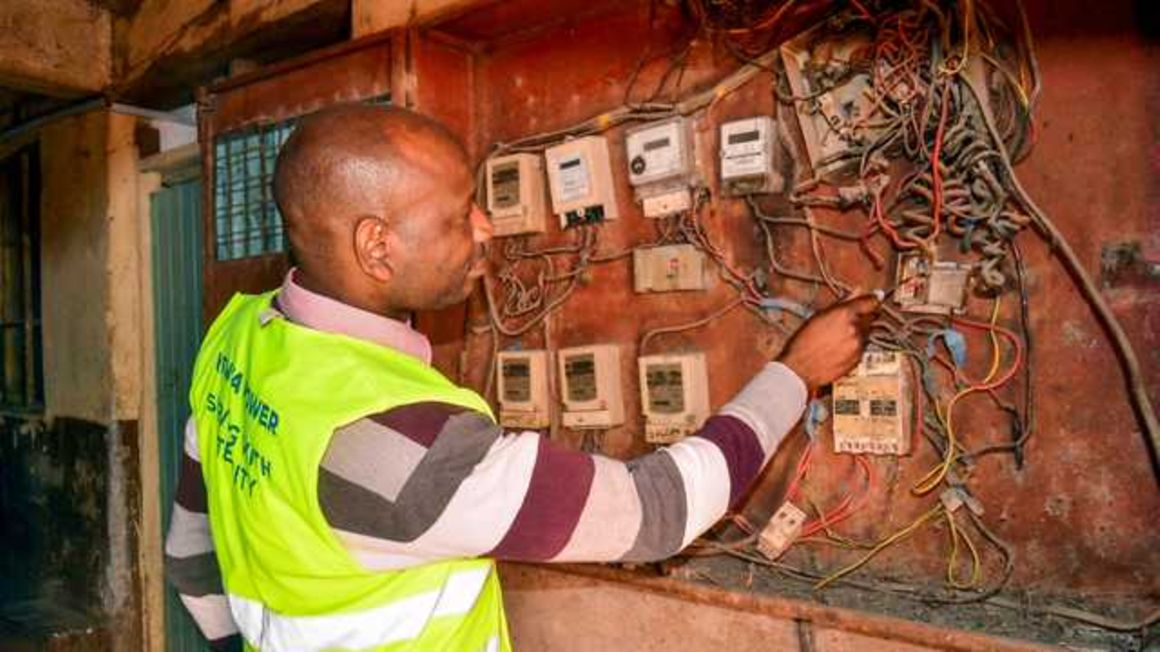Cost of Power in Kenya: President Uhuru Kenyatta’s plan to cut the cost of power by 33 per cent by December 2021 has failed. The president appeared to admit this failure during his Jamhuri Day speech when he announced that the cost of power would no longer fall by 33 per cent but by 15 per cent as at the end of December, and another 15 per cent that would by pursued by April 2022.
The reduction in consumer tariffs from an average of Sh. 24 ($0.21) per kilowatt hour to Sh. 16 ($0.14) per kilowatt hour was part of the recommendations by a 15-member Presidential Taskforce constituted to review the cost of electricity in the country as part of efforts to attract foreign direct investments (FDIs) and promote industrial growth.
The high cost of power in Kenya has been a major concern that it ushed President Uhuru Kenyatta to form a Presidential Taskforce on Review of Power Purchase Agreements in March 29, 2021.
The taskforce chaired by John Ngumi who is also the current chairman of the Industrial and Commercial Development Corporation (ICDC) recommended review and renegotiations with the Independent Power Producers (IPPs) to secure immediate reduction in Power Purchase Agreement (PPA) tariffs within existing contractual arrangements and cancellation of all unconcluded negotiations of PPAs and ensure future PPAs are aligned to the Least Cost Power Development Plan (LCPDP).
Everything you need to know about migrating to Canada, US, and UK
It also recommended that Kenya Power takes the lead in formulation and related PPA procurement of the LCPDP and carry out due diligence and contract management frameworks for PPA procurement and monitoring.
Kenya Power was also expected to adopt standard PPAs and proposed Government Letters of Support (LOS) along the lines of drafts provided by the taskforce and undertake a forensic audit on the procurement and system losses arising from the use of Heavy Fuel Oils.
“In line with the constitutional imperative for transparency in the public sector, KPLC’s annual report should include the names and beneficial ownership of all IPPs with which it has contractual arrangements,” according to the taskforce.
However, the independent power producers (IPPs) who are owned by powerful institutions like the World Bank opposed unilateral push to lower the cost at which they sell electricity to Kenya Power. This pushed the government to a corner as the cost of power wouldn’t fall without the reduction of costs paid to IPPs.
The IPPs argued that Kenya has no unilateral right to alter the contracted capacity and payments, and said that the State has a duty to protect them, some of which shall run over a period of 20 years. “We have sank billions in the power plants, and Kenya can’t just wake up and abrogate contracts. They have a duty to honour the contracts,” a top official of one of the IPPs told a local daily.
The daily added that “the fear of a legal tussle with powerful foreign investors forced the State to retreat, opting to first reduce electricity prices by 15 percent this month by passing to homes and business benefits that will come with reduction of power theft and leakages in Kenya Power’s transmission network.”

